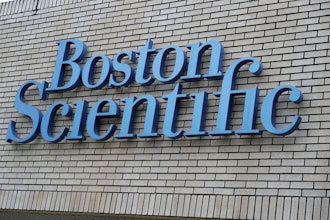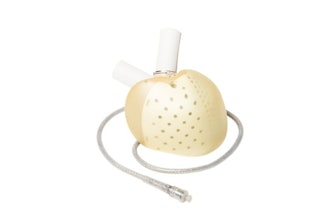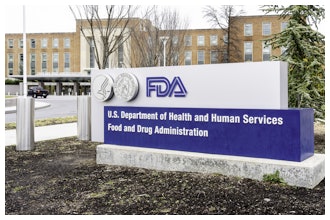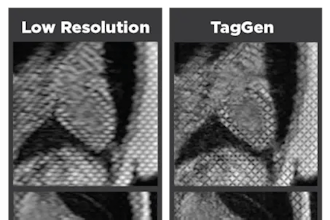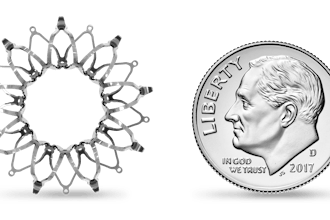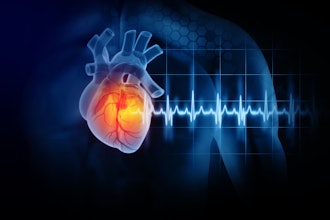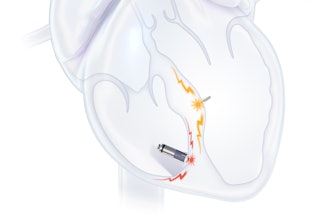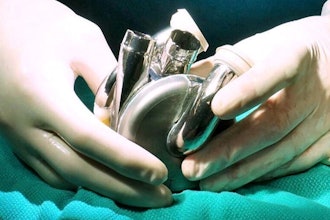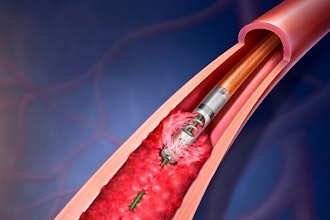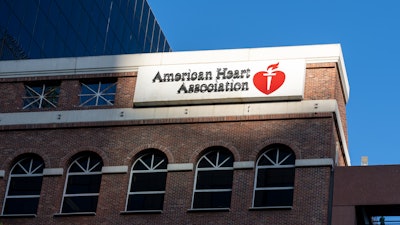
The American Heart Association building in Los Angeles, CA.
iStock/JHVEPhoto
An estimated 1 in 500 people in the U.S. are living with hypertrophic cardiomyopathy (HCM) — the most common inherited heart disease — and many are unaware.
HCM is a thickening of the lower main pumping chamber of the heart (the left ventricle). The disease is often underdiagnosed and inconsistently managed, leading to delayed treatment, increased risk of complications and preventable death. Yet, systems of care for this disease are fragmented and varied.
To overcome these gaps in care, the American Heart Association, celebrating a century of lifesaving service in 2024, has launched a new three-year initiative to improve HCM systems of care and standardize how patients with HCM are identified, assessed, referred and treated.
The initiative, supported financially by Bristol Myers Squibb, includes development of:
- A national HCM registry powered by Get With The Guidelines to collect and analyze real-world data.
- A certification program to set standards of care for sites treating HCM patients.
- An HCM care recognition program for U.S. sites by piloting and validating data collection and HCM measurement with the registry to track adherence to evidence-based guidelines.
- An HCM Learning Collaborative, engaging sites in activities such as model sharing and national education activities.
HCM is a chronic disease that can get worse over time and lead to poorer quality of life and long-term complications, including atrial fibrillation, stroke and heart failure. Knowing the signs and symptoms of HCM is important. It can help with getting an early diagnosis to support better management of the disease.
The new initiative will begin with 15 sites to pilot data collection and certification, with the goal of expanding to 60 sites. A volunteer American Heart Association Science Advisory Group will provide scientific expertise for development, maintenance and implementation of the registry, performance measures and recognition program.












